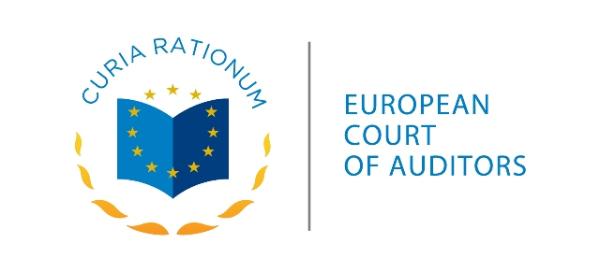EU financial support for countries in the Western Balkans has been broadly effective and has gone some way to strengthening administrative capacity in the region, according to a new report from the European Court of Auditors. But this has to be set against a background of considerable shortcomings inherent to the national authorities in the region.
The auditors conducted a “meta-audit”, an overview of the European Commission’s management of pre-accession assistance in Albania, Bosnia and Herzegovina, Kosovo*, the former Yugoslav Republic of Macedonia, Montenegro and Serbia between 2007 and 2013. The auditors mainly assessed data from their previous special reports and Commission evaluations and examined the entire programming process, as well as 52 national projects and three regional programmes. They also took into account developments relating to the 2014-2020 period.
They found that the Commission’s management objectives had not always been specific and measurable. Programmes and projects were based on needs, but some beneficiaries’ assessments in the ‘rule of law’ sector showed considerable shortcomings. The absorption of funds was hampered by weak administrative capacity in some countries and strict requirements for EU fund management when implementation was decentralized.
“The Commission should systematically apply strict conditions and follow them up”, said Istvan Szabolcs Fazakas, the Member of the European Court of Auditors responsible for the report. “If necessary, future payments could be reduced or suspended.”
Although there were shortcomings in reporting, the Commission had been effective in monitoring the implementation of projects, say the auditors. It had also been partially effective in following up on the conclusions and recommendations of evaluations. Despite considerable beneficiary shortcomings, it had been able to support donor coordination.
With regard to administrative capacity, the EU’s assistance had generally delivered the planned outputs, and support for the rule of law and public administration reform was partly sustainable.
For ‘rule of law’ projects, the Commission had not applied conditions consistently, and relatively little funding had been provided in key areas such as media freedom, public prosecution and the fight against corruption and organised crime. Beneficiaries’ lack of political will to reform institutions, insufficient budget and staffing, as well as poor coordination had also affected project sustainability.
*This designation is without prejudice to positions on status, and is in line with UNSCR 1244/1999 and the ICJ Opinion on the Kosovo declaration of independence.




